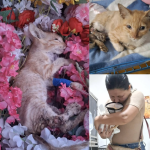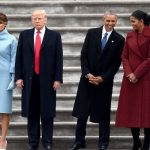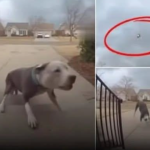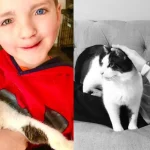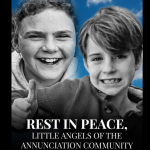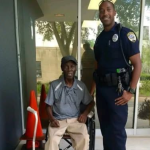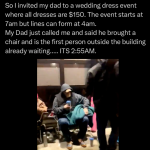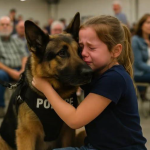Auschwitz Liberation: A Moment of Humanity Amidst Horror
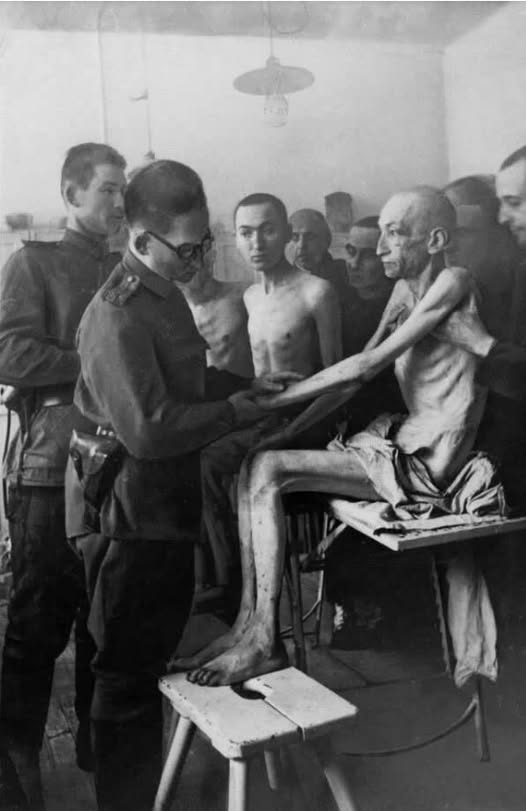
In January 1945, as the Red Army advanced westward into Nazi-occupied Poland, Soviet troops arrived at the gates of Auschwitz, the largest and most infamous of the Nazi concentration and extermination camps. What they encountered was a scene of unfathomable horror: thousands of emaciated prisoners, barely clinging to life, surrounded by the evidence of mass murder, and a chilling silence that spoke to the absence of over a million lives lost. 🌧💔
Among the first responders were Soviet military doctors, who were tasked with the difficult and grim responsibility of assessing and treating the survivors who had endured years of unimaginable suffering — from starvation, abuse, and disease. These doctors, trained in battlefield medicine, were confronted not only with physical wounds but with a moral reckoning, the true cost of the systematic cruelty inflicted by the Nazi regime. 😞

In one poignant image from that fateful day, a Soviet military doctor bends over a newly liberated prisoner. His face, a blend of compassion and disbelief, reflects the horror of the moment. The survivor, frail and skeletal, is wrapped in a thin blanket, his eyes hollow from exhaustion, yet they flicker with a faint but unmistakable glimmer of hope. For the doctor, this was not merely a medical case but a symbol of the profound humanity wounded by the atrocities of the Holocaust — a wound that required not just physical healing but a deep reckoning with the very core of humanity. 💚

This powerful moment, frozen in time, represents both devastation and resilience. The liberation of Auschwitz marked the beginning of a long and painful process of healing for those who had survived the horrors of the camp, but the scars, both seen and unseen, would linger. The image of the Soviet doctor caring for the survivor stands as a symbol of the shift from death and genocide to life and restoration, from silence to testimony. It is a solemn reminder of the lives lost, and a call to remember and never forget the atrocities committed. 🍃
The responsibility to remember, to honor, and to ensure that history is never repeated rests with all of us.

